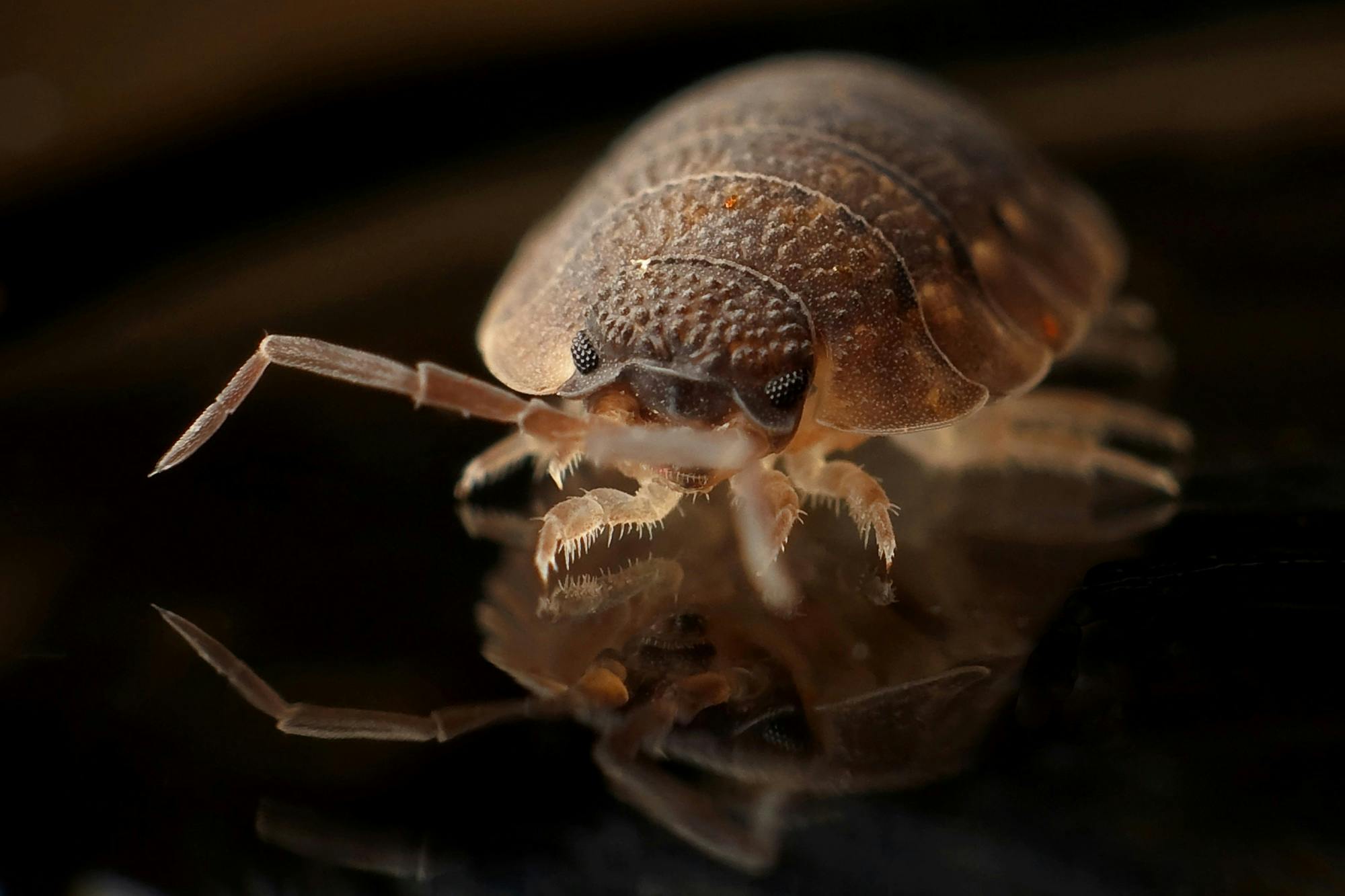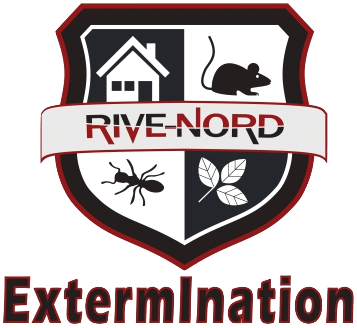
Protect your space, from acaricide to zoonosis
Pest control is a crucial part of maintaining a healthy and safe environment. Through this “ABC of Pest Control” specially designed by Rive-Nord Extermination, we will explore various terms and pests related to this essential area. From acaricide to zoonosis, learn how a thorough understanding of these concepts can help you protect your home from unwanted invaders and maintain a healthy living space.
A – Acaricides
Acaricides are chemicals used to kill dust mites, microscopic arachnids often responsible for allergies and respiratory problems.
B – Cockroach
Common in urban environments, cockroaches are harmful insects that can spread disease. Pest management aims to control their population.
C – Thermal Shock
This method involves exposing parasites to extreme temperatures to kill them. It is often used against bedbugs.
D – Disinfestation
Disinfestation is the process of pest management aimed at eliminating harmful insects from the environment.
E – Exclusion
Exclusion involves preventing pests by physically blocking their access to buildings, thereby reducing the risk of infestation.
F – Fumigation
Fumigation involves using gaseous pesticides to eliminate pests in enclosed spaces, such as buildings or storage areas. It requires professional handling to ensure safety and effectiveness.
G – Glue Traps
Glue traps are adhesive boards used to catch insects and small rodents. They are non-toxic and effective for monitoring and controlling pest populations in homes and businesses.
H – Habitat
Understanding pest habitat is essential for effective management. This includes knowing their breeding grounds and food sources.
I – Inspection
Regular inspection of buildings and homes is a key step in pest management. It allows you to quickly identify signs of infestation.
J – Janitorial Practices
Janitorial practices involve regular cleaning and maintenance to prevent pest infestations. Proper sanitation removes food, water, and shelter that pests need to thrive.
K – Kerosene
Kerosene can be used as a natural remedy to eliminate certain parasites. However, its use requires proper handling.
L – Larva
Larvae are the immature stage of many parasites. Pest management often targets these stages to prevent reproduction.
M – Mold
Mold can attract pests. Pest management often includes preventing moisture and mold.
N – Nest
Pests such as wasps and rats build nests. Pest management often involves destroying these nests to control the population.
O – Organic Pest Control
Organic pest control uses natural methods and substances to manage pest populations. This includes biological controls like beneficial insects, as well as botanical pesticides and natural deterrents.
P – Pheromone Traps
Pheromone traps use synthetic chemicals that mimic natural insect pheromones to attract and capture pests. They are effective for monitoring and controlling specific insect populations.
Q – Quarantine
Quarantine of infested materials is a common practice to prevent the spread of pests to other areas.
R – Repellent
Repellants are substances used to keep pests away. They are often used in addition to pest management methods.
S – Sanitation
Sanitation involves keeping areas clean and free of food debris, standing water, and clutter to deter pests. Good hygiene practices are essential for preventing pest infestations.
T – Termites
Termites can cause considerable damage to wood. Preventive pest management aims to protect structures.
U – Ultrasound
Some devices emit ultrasound to repel pests. However, their effectiveness may vary.
V – Vacuuming
Vacuuming is a method of physically removing pests like insects, spiders, and their eggs from surfaces. It is a quick and non-toxic way to reduce pest populations in homes and businesses.
W – Wolbachia
Wolbachia are intracellular bacteria that infect insects, influencing their reproduction.

